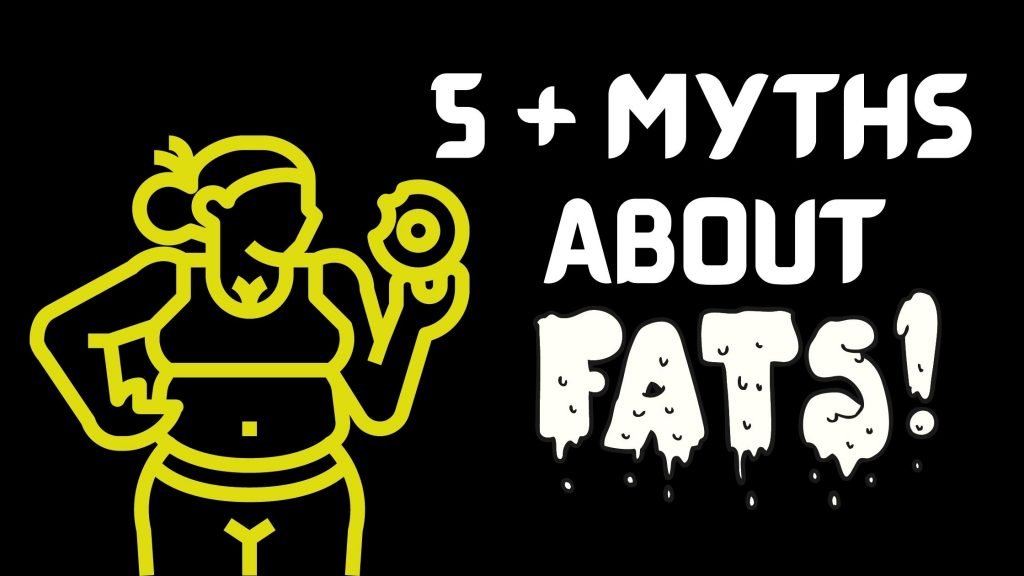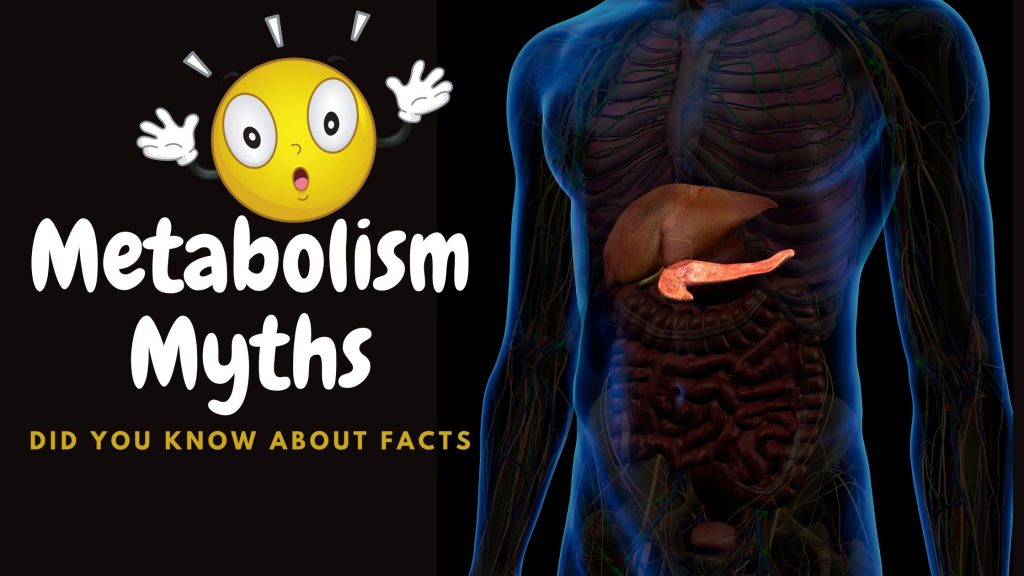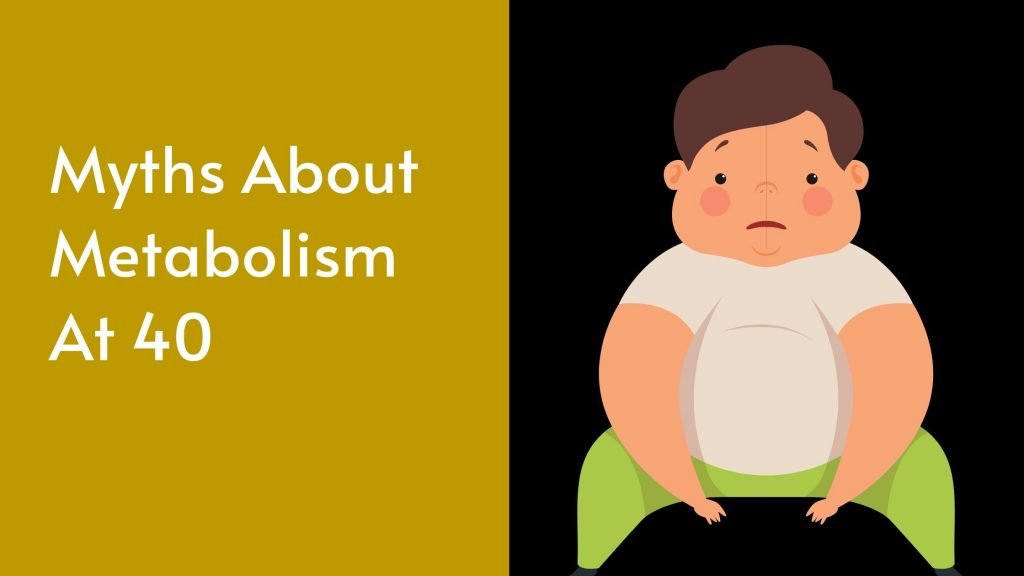Friend if you are in fitness world you must be knows Myths about fats. Let us Debunking Myths about Fats
We know that a balanced intake of carbohydrates, protein, and fat is necessary for optimal health and wellbeing. These macronutrients provide our body with energy and are essential for carrying out different functions of the body.
The amounts of carbs, fat, and protein we consume have a significant impact on our bodies. With advances in diet and nutrition, we now know how much and what type of carbs and proteins we need to consume, but there is still confusion about fat intake.
Along with complex carbs and proteins, we were always told to eat a low-fat diet or avoid fatty foods as much as possible. However, recent research suggests that what many of us have been led to believe about fats may not be true, and we may need to debunk the myths associated with fat.
How Did the Myths About Fat Originate?
Government policies in many countries, including the US, have been recommending limiting the intake of saturated fat or opting for a low-fat diet for the last many years. It was primarily due to the misconception that eating foods rich in fat may increase your risk of various diseases.
For decades, people avoided fatty foods such as butter, meat, and full-fat dairy and instead opted for low-fat substitutes like egg whites and fat-free dairy to better their health and lose weight.
However, the change didn’t make us healthier. Obesity and risks for chronic diseases skyrocketed in the last few years. Why did it happen? Probably because we reduced the intake of healthy fats as well as harmful ones.
This clearly indicates that our knowledge about fats is outdated. It’s time we updated ourselves about what fat is, what it does, and what it does not do by debunking the myths associated with it.
So, let’s bust some common myths about fats.
Myth #1: Fat isn’t needed in our diet
Fat is essential for staying healthy. Just like protein and carbohydrates, fat is essential for several bodily functions. Excluding fat or eating very low levels of fat are not recommended.
Fat helps in the absorption of vitamins like A, D, E, and K; fats protect our vital organs; unsaturated fats can lower bad (LDL) cholesterol levels.
Myth #2: All fats are the same
All fats are not the same. There are four common types of fat: saturated, polyunsaturated, monounsaturated fat, and trans fats.
Each of these four fats has different physical properties and slight differences in chemical structure. Different types of fat impact our health in different ways, particularly heart health. Some examples of different fat foods –
Saturated fat foods
- Fatty cuts of animal meats and meat products
- Coconut oil
- Palm oil
- Cocoa butter
- High fat dairy foods (whole milk, butter, cheese, sour cream, ice cream)
Trans fat foods
- Fried foods (French fries, doughnuts, deep-fried fast foods)
- Vegetable shortening
- Baked goods (cookies, cakes, pastries)
- Processed snack foods (crackers, microwave popcorn).
- Stick margarine
- Frozen pizza
Monounsaturated fat foods
- Almonds
- Cashews
- Olive oil
- Peanut oil
- Avocado
- Peanut butter
Polyunsaturated fat foods
- Salmon (good source of omega-3 fatty acids)
- Walnuts
- Flaxseeds
- Chia seeds
- Canola oil
- Tofu
- Sesame oil
- Sunflower oil (good source of Omega-6 fatty acids)
Saturated fats and trans fats raise the level of bad cholesterol (LDL). Monounsaturated and polyunsaturated fats can lower bad cholesterol levels. They also offer other health benefits when consumed as part of a healthy balanced diet.
Myth#3: Eating saturated fat will increase your risk of heart disease
While it’s true that excessive consumption of saturated and trans fats increases heart disease risk factors, recent research has shown no consistent link between saturated fat intake and heart disease.
In fact, research suggests that unsaturated fat can help support heart health, and monounsaturated fats may increase heart-protective HDL cholesterol in the body supporting heart health. Omega-3 fatty acids and omega-6 fatty acids have been linked to protection against heart disease and stroke.
Myth #4: Eating fat leads to weight gain
If you eat a lot of processed food high in fat all the time, you’re probably going to gain weight. But if you consume fats in moderation, you will not gain excess weight.
Research has shown that people who consume moderate- or high-fat diets lose just as much weight, if not better, than people who eat a low-fat diet.
Consuming fat-rich foods keeps you satisfied between meals, curbing your appetite, and hence it may help you lose weight.
Myth #5: Plant fats are loaded with cholesterol
Plants are low in saturated fat and free of cholesterol. Since foods high in saturated fat are harmful, experts recommend consuming plant-based sources of unsaturated fat (found in vegetable oils, avocados, some fishes, nuts, and seeds). Plants are also rich in soluble fiber, which helps lower cholesterol.
A recent study found a beneficial role of monounsaturated fats in preventing cardiovascular diseases and death in people who consumed plant-based foods as the primary source.
Myth #6: Any kind of animal fat is bad
Plant-based fats like avocados, olive oil, nuts, and seeds do not contain cholesterol, whereas animal fat does. So, people assume that any kind of animal fat is bad – this is not correct.
Lean cuts of meats such as chicken or turkey, without the skin, are healthy. Grass-fed and organic meats are also healthy as they are lower in saturated fat. Fatty fish like salmon, sardines, cod, trout, tuna, and herring, are low in saturated fat and extremely high in omega 3 fatty acids linked to reduced risk of heart disease.
Conclusion
Fat is equally important for the human body, as are carbohydrates and protein. However, over the years, fat has been getting a bad rap from physicians, dietitians, and nutritionists because of the belief that fat consumption leads to various diseases. However, recent research has debunked this myth.
For many years people altogether avoided fat or incorporated low-fat foods in their diet. But this did not lead to any significant health gains. Now research has shown that fats are essential for our bodies and the consumption of healthy fats is beneficial for human health.
Healthy fats, such as plant-based fats, can help lower our risk for several diseases and disorders, including cardiovascular disease, diabetes and stroke.
Eliminating saturated fat from diet can be good for health only if we replace saturated fat with healthy fats such as monounsaturated fats and polyunsaturated fats.



